Juniper Switches vs Cisco: In-depth Technical Comparison
Table of content
Introduction:
In the rapidly changing environment of the networking world, it becomes paramount to equip your networking system with efficient, reliable, and secure networking accessories. So, when it comes to state-of-the-art technology and reliability, Juniper switches vs Cisco seem to be rocking the scene. Juniper serves in the realm of cloud computing, AI networking, and connected security solutions. In contrast, Cisco has always been a prime option for network administrators for its wireless technologies, switches, routers, and other IT products. To provide you with a vivid picture of which one of the Juniper switches and Cisco is the best, we have come up with an in-depth and technical comparison of Juniper switches and Cisco. So, let’s start reading this informative blog from here.
What is a Juniper Switch?

Juniper network switches bring improvement to the network economy with cloud-grade, high-density Ethernet switching within data centers, campuses, and branches. Further, these switches provide users with a quick, reliable, and scalable network to handle AI-network solutions. In addition, besides offering low latency and modern functionality like software-defined wide-area networking (SD-WAN) support, the Juniper switch also functions to route data packets to both Layer 2 and Layer 3 switches.
What is a Cisco Switch?

Cisco Technology Inc. provides protocol-related and networking accessories with second-to-none performance in the industry. Mainly looking at Cisco switches, network switches provided by Cisco are equipped with high performance, flexibility, and security. Moreover, Cisco switches meet the demands of hybrid networks with their scalability and cost-efficiency. Furthermore, Cisco network switches from the 9200 series, 9300 series, and 9400 series bring features and innovations to the network.
Why To Analyze Juniper Switches vs Cisco?
We know time is on the wings and you may not have enough to read a long article. But, when it comes to the growth and development of your business, you leave all other things behind. So, analyzing networking products like Juniper and Cisco switches is the most crucial step when you are going to choose a switch for your system. First of all, both possesses multifaced features and benefits. Secondly, both bring innovation, scalability, and flexibility to your network. Therefore, an analytical comparison is significant to choose a network switch that suits your network best.
How Juniper Switches Differ from Cisco:

Despite having the same nature of functions and use, Juniper Network Switches and Cisco walk on two different parts when it comes to their features, capabilities, and performance. What attracts most people is their features and benefits, so let’s first talk about their features.
Juniper Switches Features:
Advanced QoS (Quality of Service): Enhanced traffic prioritization capabilities to ensure optimal performance for critical applications.
Comprehensive Security Options: Includes IPSec tunneling, SSH authentication, TACACS+ authentication, and more.
Rich Layer 2 Switching: Supports spanning tree, VLANs, link aggregation, port mirroring, etc.
Flexible Management Interfaces: Offers both CLI and GUI interfaces for configuration.
Comprehensive Routing Protocols: Supports RIP, OSPF, and BGP.
Integration and Standards Support: Compatible with SNMP, 802.1X, LLDP, and more, easing integration into existing networks.
Redundant Power Supplies: Optional for ensuring high availability.
Flexible Deployment Options: Supports stacking, virtual chassis, virtual routers, and more.
Comprehensive Logging: Detailed monitoring capabilities for network activity.
Cisco Switches Features:
Ethernet Support: Supports 10/100/1000 Mbps Ethernet connections.
QoS Capabilities: Prioritizes network traffic to maintain service quality.
Variety of Port Options: Offers Gigabit Ethernet ports, SFP port, and PoE+ ports.
Switch Stacking: Facilitates easy expansion and management of multiple switches.
Redundant Power Supply Options: Available for mission-critical applications.
Advanced Traffic Management: Includes tools like broadcast control, multicast filtering, and port mirroring.
Comprehensive Security Features: Features access control lists (ACLs), port security, and 802.1x authentication.
Layer 3 Switching: Enables advanced network routing.
Layer 2 Protocol Support: Supports STP and VLAN among others.
Where To Use Juniper Network Switches and Cisco Switches:
The wisest step in choosing between Juniper Switch and Cisco is to evaluate an organization’s or network ecosystem’s needs and requirements. It is crucial to keep in mind the performance you want, security features, and the nature of network applications that you are going to handle. After considering all these things, choosing the best option becomes pretty simple. In case you are short on time, here is a shortcut for you:
Small to Medium-Sized Enterprises (SMEs):
Cisco switches are preferred by small and medium-sized enterprises due to their cost-effective solutions and robust performance, which might lean towards Juniper.
Large Enterprises and Data Centers:
A Juniper switch is preferred for environments where performance, uptime, and security are critical for a high-performance and simplified network management approach.
Is There Anything More?
‘What set Juniper switches apart from Cisco’ remains a question to be explored. However, we have gathered some key differences found to date to give you a complete picture of how these switches are different from one another, and why you should consider one that is right according to your needs and requirements.
Key Difference Between Juniper Switches and Cisco:
- Switches provided by Juniper have superior QoS customization compared to Cisco.
- Juniper switch’s security options include innovative features like IPSec tunneling and SSH authentication, while Cisco emphasizes traditional security measures like ACLs and 802.1x.
- Juniper network switches are particularly noted for low latency, which is beneficial for performance-critical applications.
- Cisco switches typically offer a more comprehensive range of Ethernet port speeds and types, including more PoE+ ports.
- Juniper excels in integrating advanced networking features like SD-WAN, less emphasized in Cisco’s product lines.
- Cisco’s management interfaces are generally considered more user-friendly and intuitive for less technical users.
- Juniper’s logging capabilities are more comprehensive and ideal for detailed network activity monitoring.
- Cisco has a broader market presence and is perceived as more reliable due to its longstanding industry involvement.
- Juniper’s routing protocol support may offer more advanced configurations for complex networks than Cisco’s more standardized approach.
Comparison Between Performance and Scalability:
Juniper Switches Performance Analysis
Juniper Network Switches are recognized for their significant performance capabilities and scalability, which are key networking hardware attributes. Additionally, these devices benefit from an advanced chipset design and expansive buffers, which enhance their ability to handle high-speed data and manage network traffic effectively.
Cisco Switches Performance Analysis
Firstly, Cisco switches are famous for their robust performance and extensive scalability, which make them ideal for essential applications like enterprise networking. In addition, these switches excel in security with features designed for advanced threat protection, and they offer a diverse range of ports and connectivity speeds. Furthermore, Cisco also facilitates system upgrades with scalable migration paths, allowing network infrastructures to expand seamlessly.
Juniper Switches vs Cisco Pricing Options:
Once the industry’s only option, Cisco has been facing tough pricing competition from its competitors like Juniper Networks. It provides a diverse variety of products with varying pricing options. At the same time, Juniper offers a more friendly and cost-effective budget.
Despite all their advancements and innovations, both vendors offer flexibility in pricing. So, assess your budget requirements, the features you need, and the scenario you use to choose one of them.
Conclusion:
To keep your business on track and network operations at peak, any networking infrastructure must go for advanced networking technologies. In this situation, being up-to-date regarding Juniper switches and Cisco networking switches is more significant than anything because these are the two main options considered in the present networking landscape. With our guide, choosing between a Juniper switch vs Cisco remains no longer rocket science for you. Thus, choose the best network switch for your network and enjoy the industry’s top performance with unparalleled security features. Best of luck!
Frequently Asked Questions:
What is the main difference between Juniper network switches and Cisco?
Firstly, Juniper switches often excel in configuration simplicity and are typically more cost-effective, appealing to smaller networks or specific enterprise environments. On the other hand, Cisco switches provide extensive feature sets and robust support, making them a favorite in large-scale or complex network infrastructures that demand high reliability and integration.
Where to use Juniper network switches?
High-end Juniper switches can support speeds of up to 1080 Gbps and manage up to 1 million MAC address connections. As a result, they are ideal for use in large data centers, branch locations with sophisticated networking needs, and campus environments.
What is the difference between Huwavei switches and Juniper switches?
The main difference is that Juniper switches have no wireless platforms, and switching platforms are based on merchant silicon. At the same time, Huwvei switches have no current support for modular access points that support location-based analytics and beacons/BLE.
Where can I use a Cisco switch?
Almost every small and medium-sized enterprise mostly prefers Cisco switches. It is because Cisco network switches provide cost-effective solutions and robust performance, which might lean towards Juniper.




 Catalog
Catalog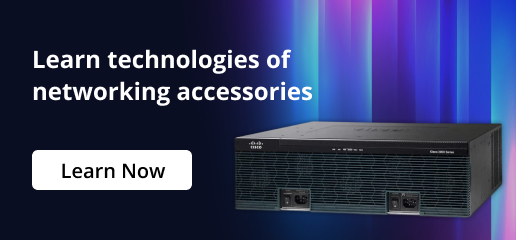

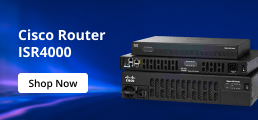
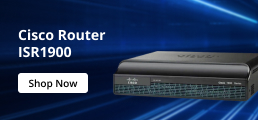

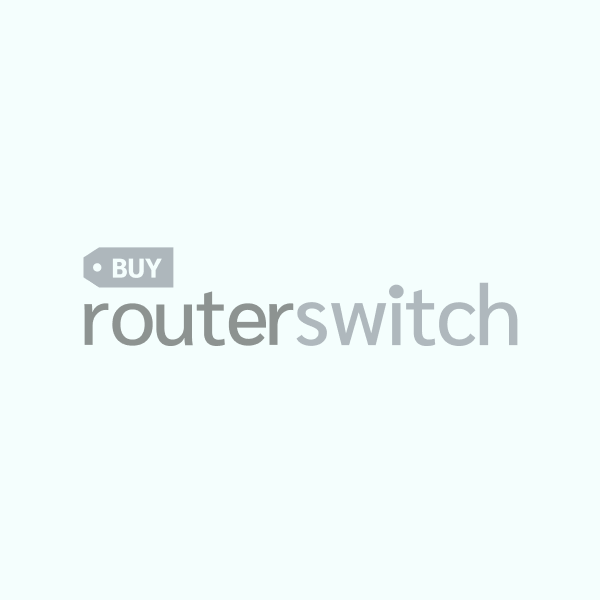
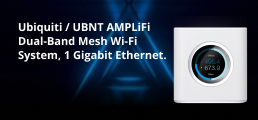

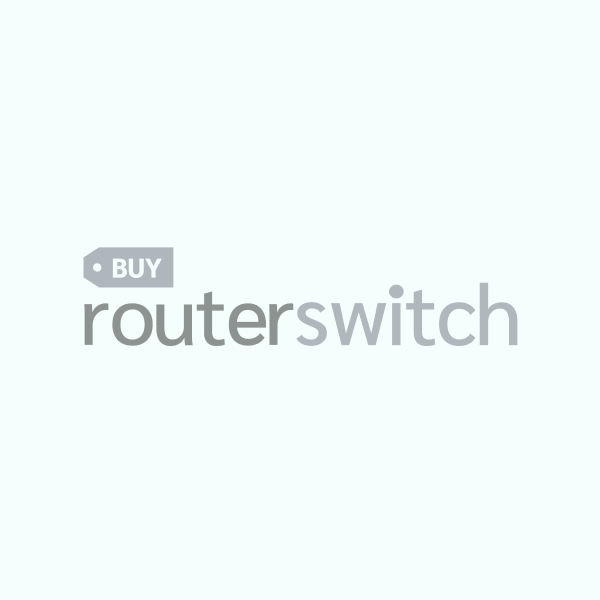
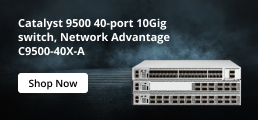

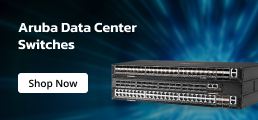
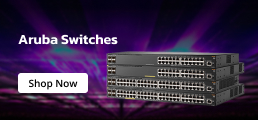

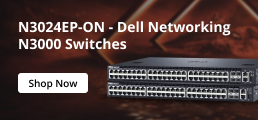

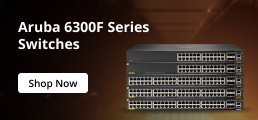
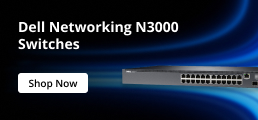
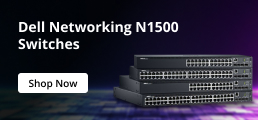


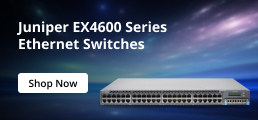
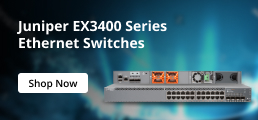
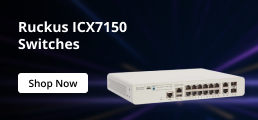
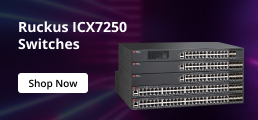

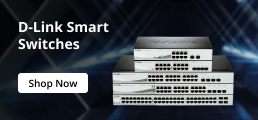
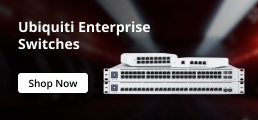

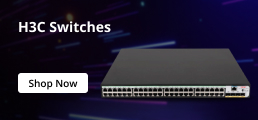
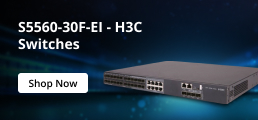
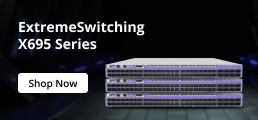
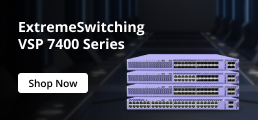


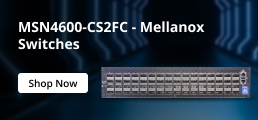
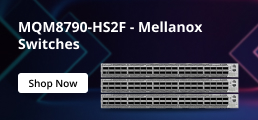

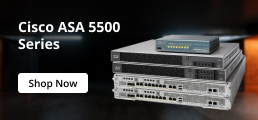



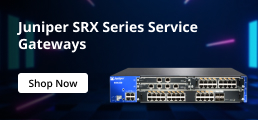


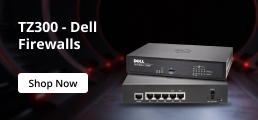



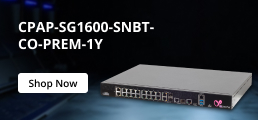
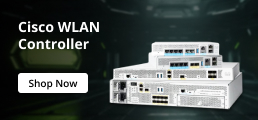









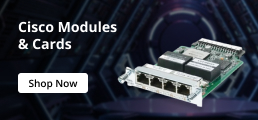
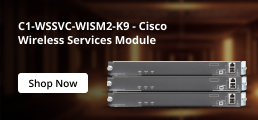




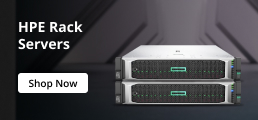




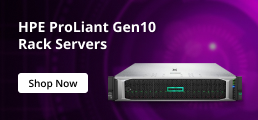
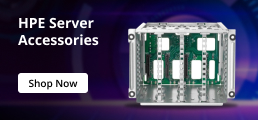
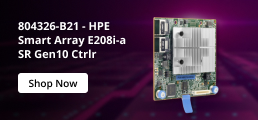

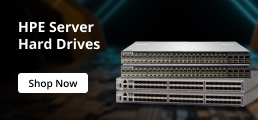

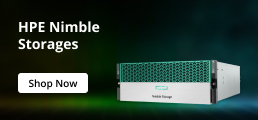





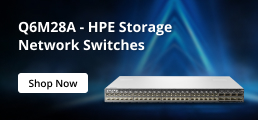


























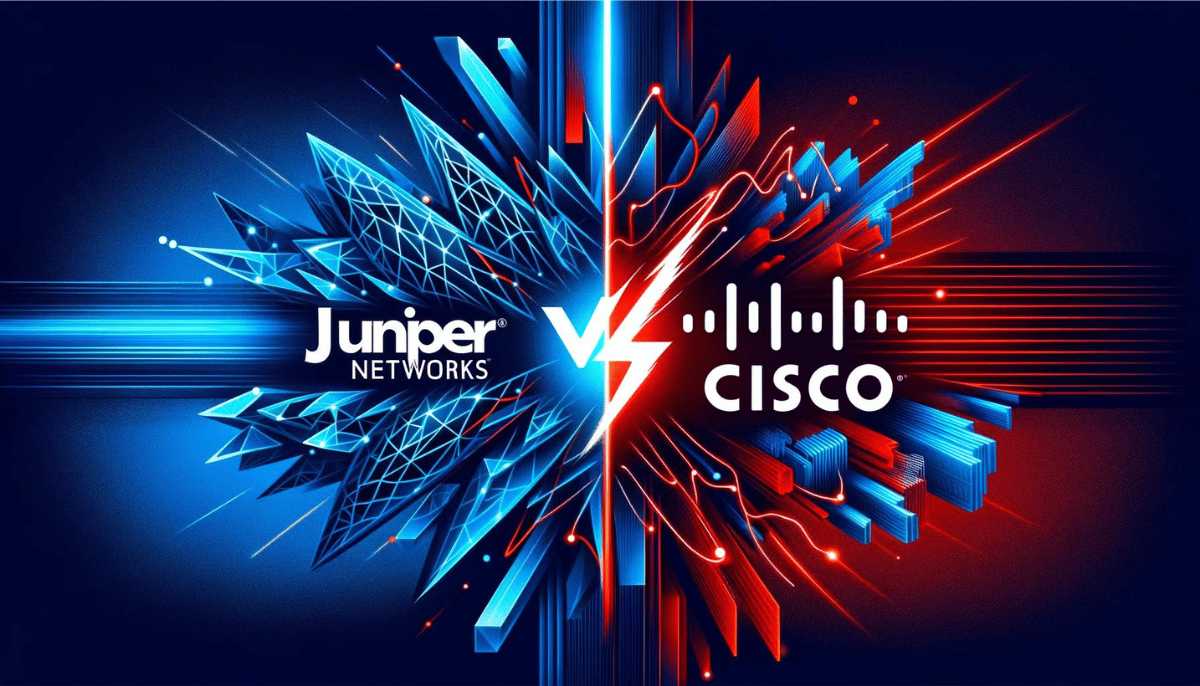
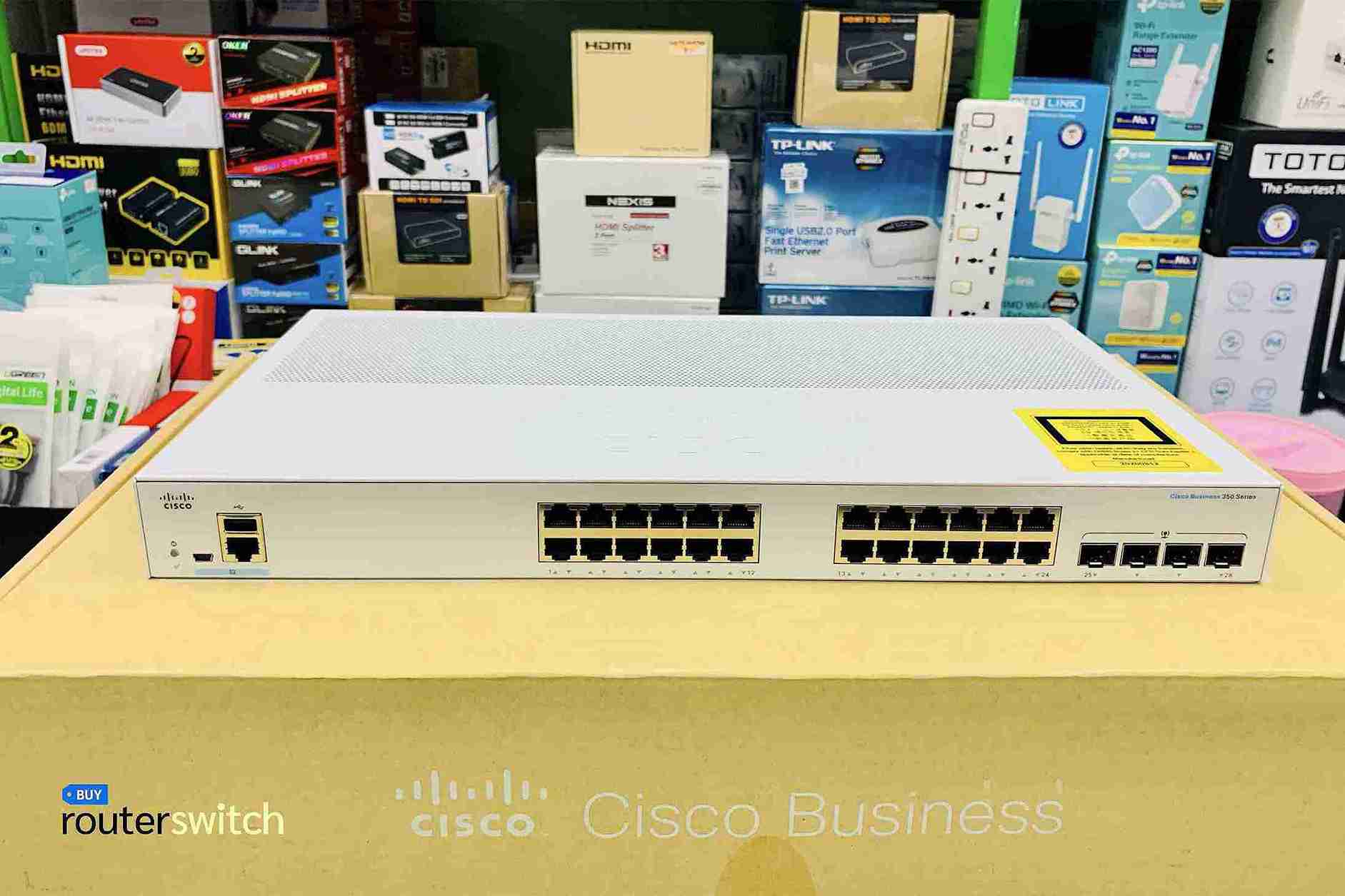
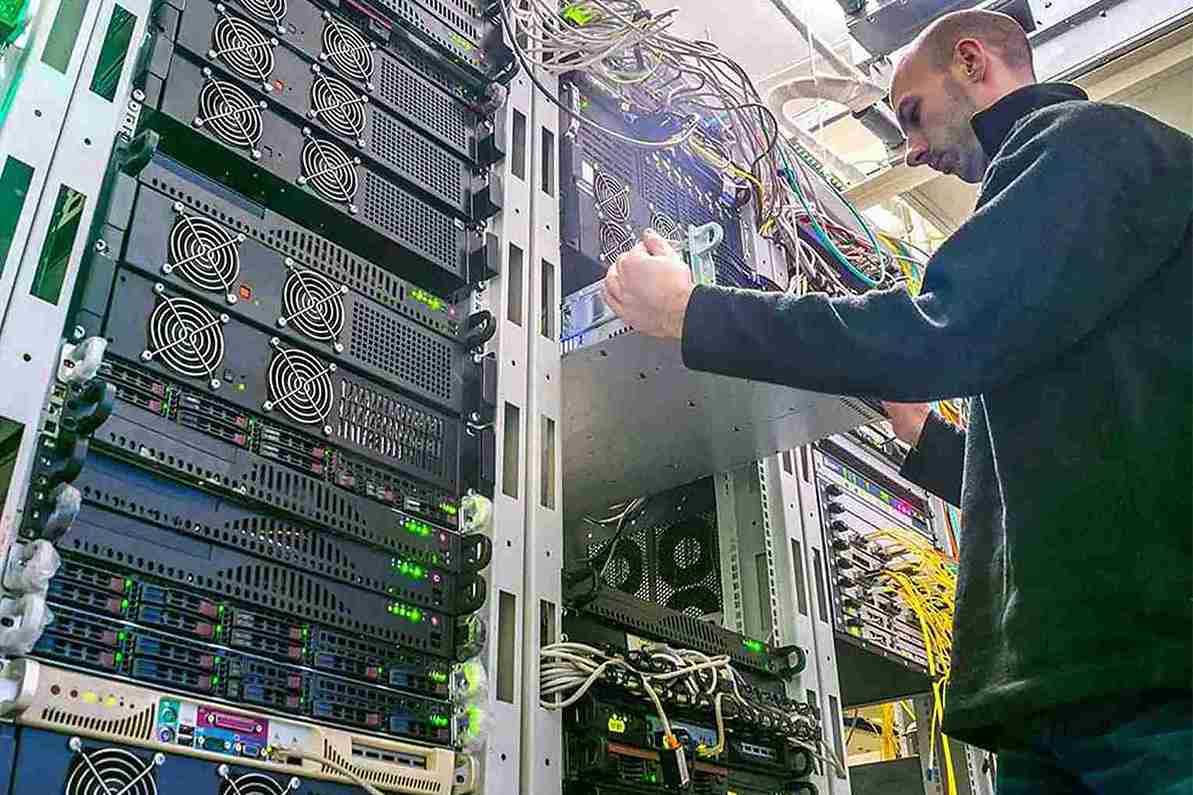
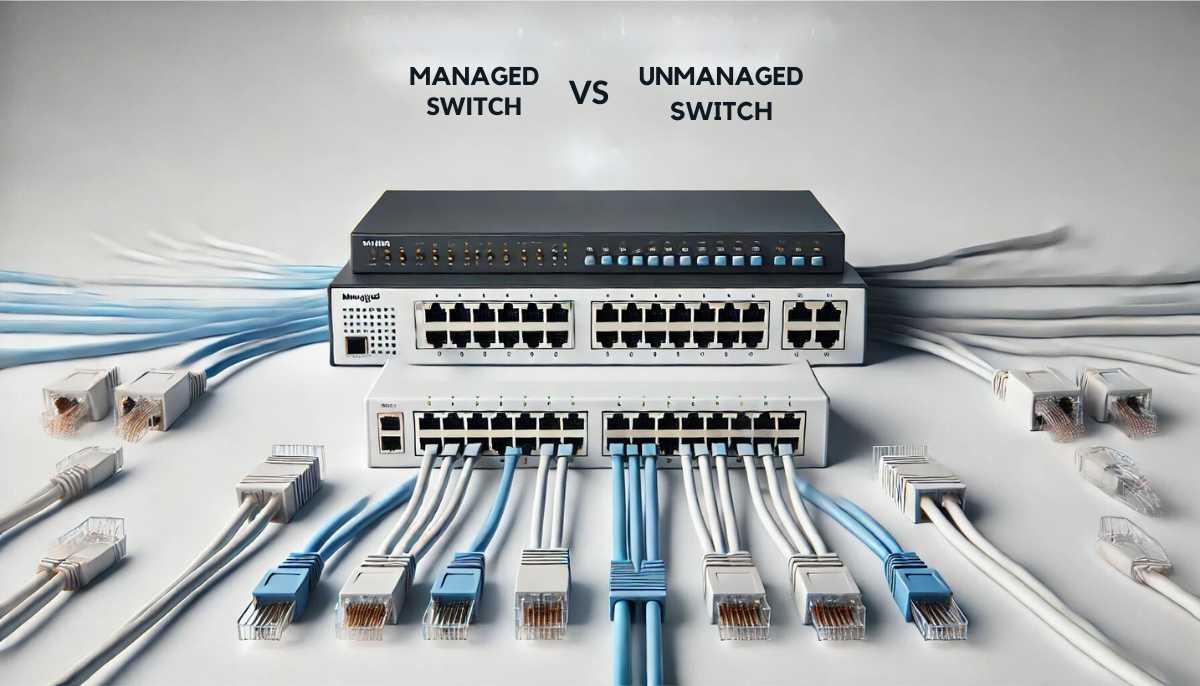




 (800) 870-9487
(800) 870-9487